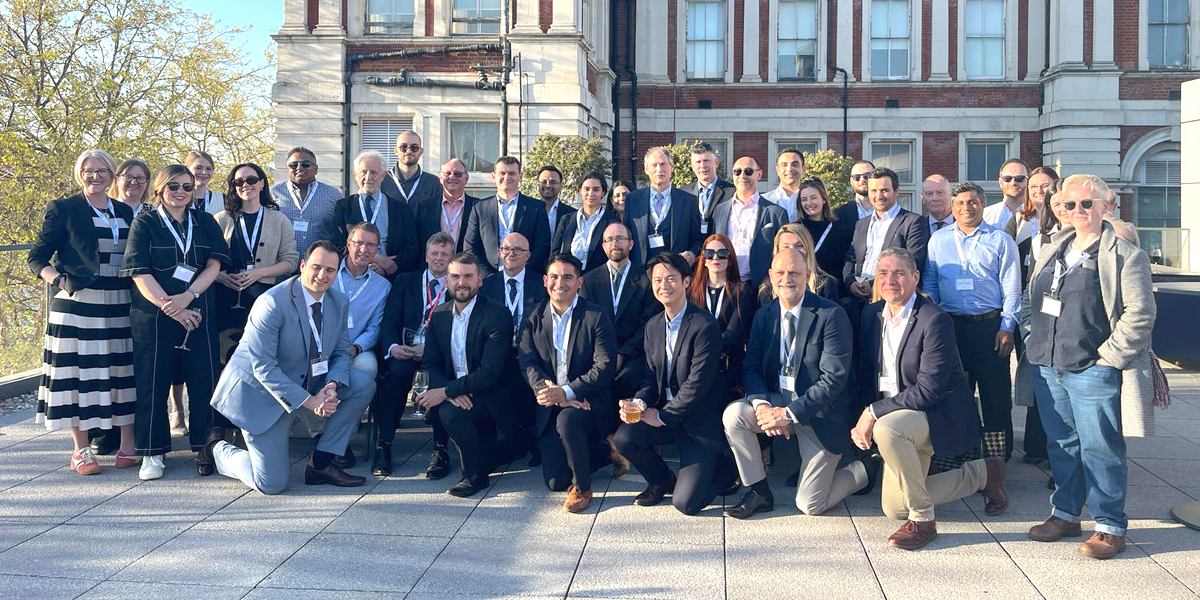Your dental care services,
wherever you need them
At Lura Care we have a single objective: to break the mobility barrier to care for dependent people or people with mobility problems, who cannot access the oral health services they need.
To achieve this goal, we offer a wide range of residential and home healthcare services tailored to your needs, aimed at improving your health, well-being, and quality of life.
Home care is not a whim,
it is a real social need
More than half of older adults who live in care homes have tooth decay, compared to 40% of over 75s who do not. And this poor oral health can affect people’s ability to eat, speak and socialise normally.
At Lura Care we offer high quality oral health services, adapted to the specific needs of our patients and with the special sensitivity they require, no matter the personal condition or location.

Mobile
dental services
We bring odontology services to care homes and day centres, avoiding difficult or uncomfortable transfers to dental clinics.
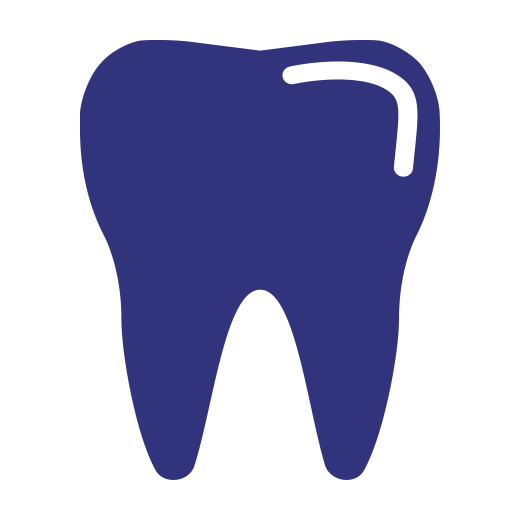
Free dental
check-ups
We carry out free, no- obligation diagnosis visits on-site to evaluate the oral health status of residents and their dental care needs.
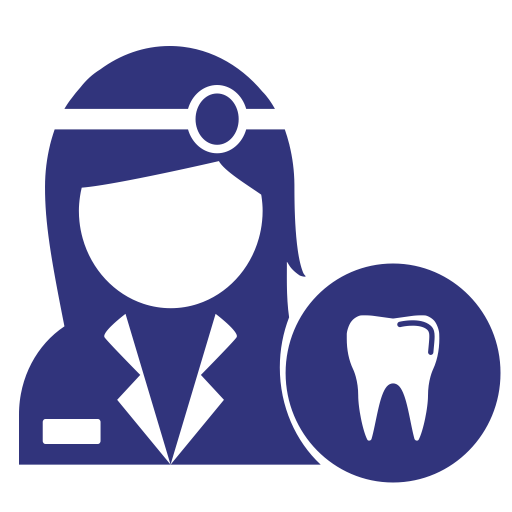
Professionalism
and sensibility
Our team is specialised in the care of dependent people, and ready to
overcome any complexity in treatments.
Opinions of our clients
Paloma Cenjor
Nuestra experiencia no ha podido ser mejor, un trato maravilloso con mi papi (91) años. Y sobre todo la posibilidad de tener el servicio de dentista en la residencia sin necesidad de moverlos de su rutina.
Lali Cordobés
Muchísimas gracias por vuestro servicio. Me gustaría que le dieran las gracias a Angy, ha sido maravillosa, atenta, profesional, paciente y muy humana con mi madre durante el tratamiento.
Francesc
Conocimos Dental Residency a través de nuestro centro residencial para personas mayores. Desde el primer contacto todo ha sido muy satisfactorio en todos los aspectos: servicio profesional y atención personal excelente…
News and Articles
-
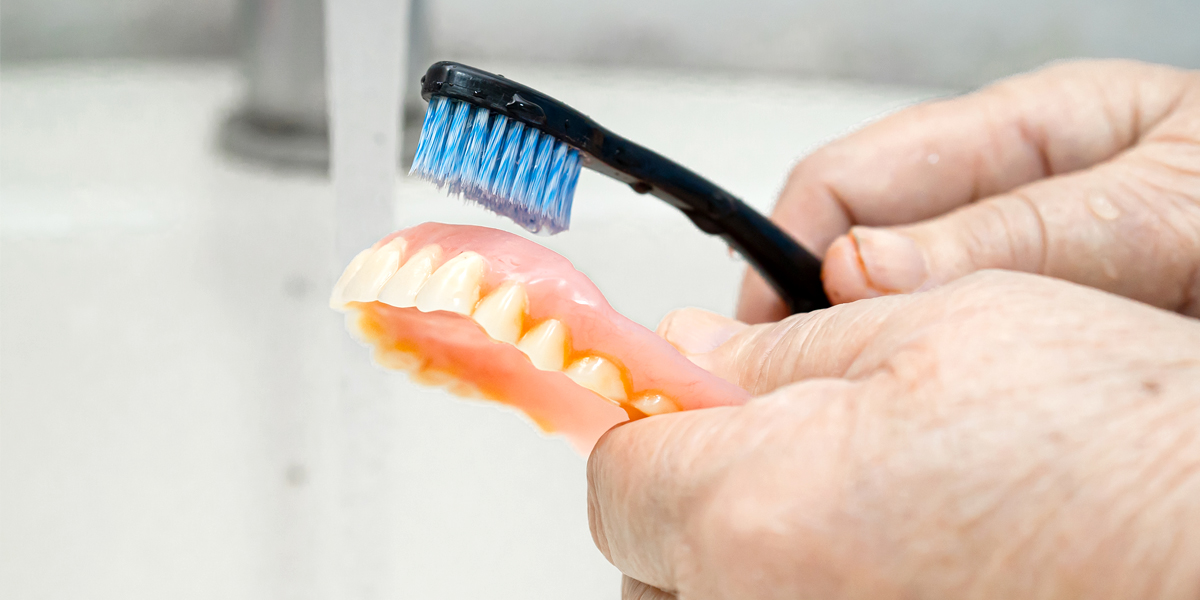
How should we clean and maintain dentures?
After adapting to new dentures, it is essential that the necessary cleaning and maintenance habits are adopted to ensure proper oral hygiene and prolong the life of the dentures as much as possible. In this article we offer a series of recommendations to ensure their care. Read more →
-
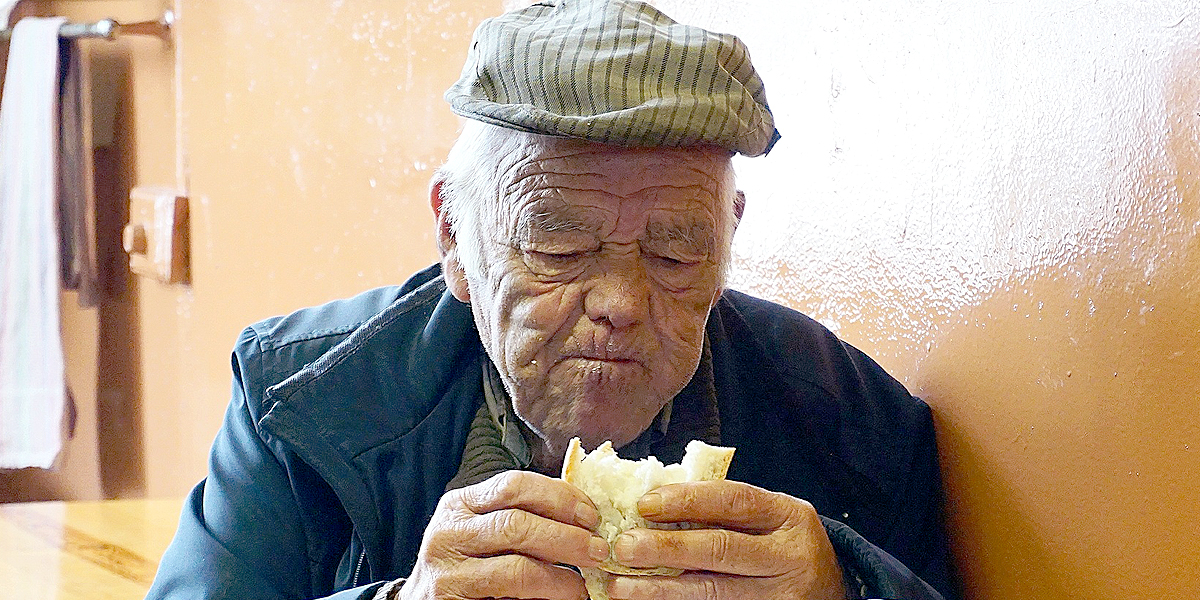
Nutrition as an ally to our oral health
Nutrition is a fundamental factor both for good general health and oral health. In this article we share a series of dietary recommendations that contribute to preserving the state of our mouth and teeth, with a special focus on the elderly and the common oral conditions associated with age. Read more →
-
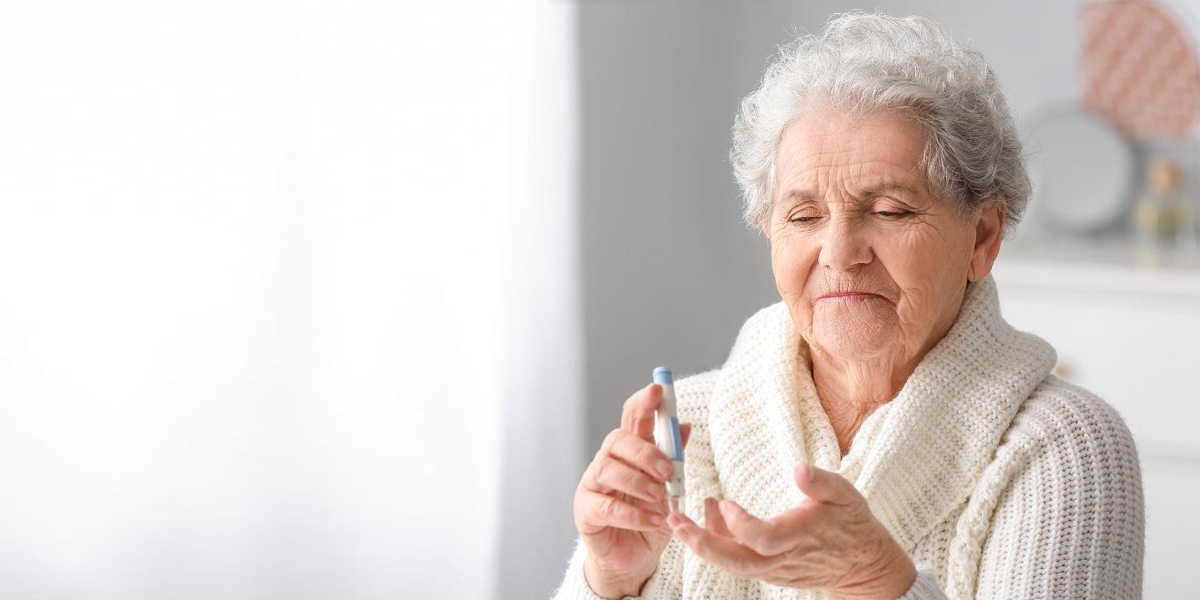
How does diabetes affect our oral health?
Diabetes is a chronic disease with a high prevalence, which among other alterations can lead to significant complications in the oral health of those affected. For this reason, prevention and a specialised therapeutic approach in dental care are essential, especially for elderly people who live in nursing homes and have reduced mobility. Read more →


